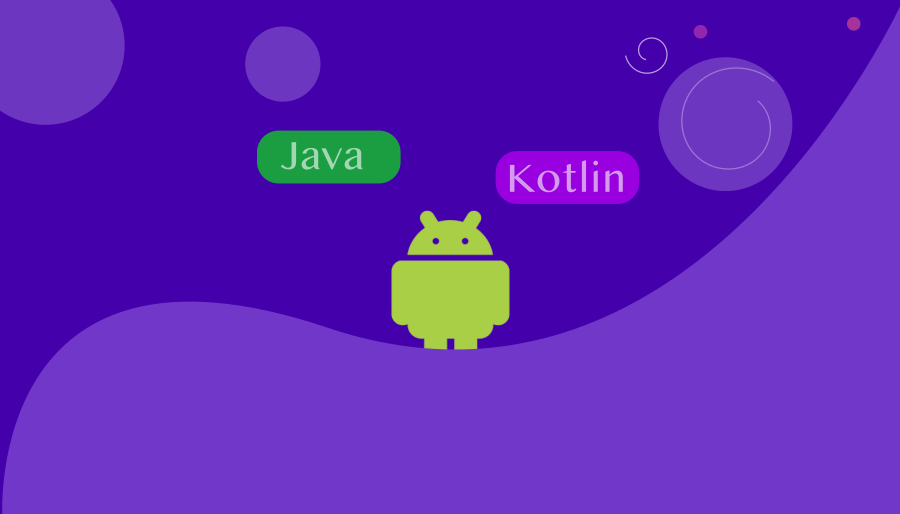Kotlin vs Java for Android Development: A Quick Comparison
Kotlin and Java stand out as two primary languages for Android development. Kotlin, the newer arrival, boasts modern features, while Java, the veteran, maintains a vast ecosystem. Kotlin vs. Java: Which is better for building apps in Android Studio?

Key Differences Between Kotlin and Java
Kotlin offers a more concise syntax than Java, leading to less boilerplate code. This can make Kotlin code more readable and easier to maintain.
Performance: Kotlin vs Java
Both Kotlin and Java run on the JVM and offer similar performance. However, Kotlin’s support for inline functions can give it a slight edge in some scenarios.
Language Features and Syntax
Kotlin introduces features like null safety, extension functions, and coroutines, which Java lacks natively. These features can lead to safer and more efficient code.
Interoperability with Java
Kotlin is fully interoperable with Java, allowing developers to use both languages within the same project. This makes transitioning to Kotlin smoother for Java developers.
Community and Support
Java has a larger community due to its age. However, Kotlin’s community is rapidly growing, and it has received official support from Google for Android development.
Development Tools and Environments
Both languages are supported in Android Studio, but Kotlin has a plugin that converts Java code to Kotlin, making it easy for developers to migrate their codebase.
Learning Curve
For developers familiar with Java, Kotlin is easy to pick up due to its intuitive syntax. For new developers, Kotlin’s concise nature can make it more approachable than Java.
Build Times and Compilation
Kotlin’s build times can be slightly longer than Java’s, especially for clean builds. However, the difference is negligible with the use of incremental builds.
Popularity and Adoption in Industry
Kotlin’s popularity is on the rise, especially since becoming the preferred language for Android by Google. Major apps have transitioned to Kotlin, showcasing industry adoption.
Future Prospects
Kotlin continues to evolve with a focus on mobile development, while Java, although stable, is perceived as more conservative in adopting new mobile-centric features.
Kotlin vs Java : Jetpack Compose Support
Jetpack Compose, Android’s modern toolkit for building native UI, is designed to work seamlessly with Kotlin, further integrating Kotlin into the Android ecosystem.
Coroutines for Asynchronous Programming
Kotlin’s support for coroutines is a game-changer for asynchronous programming, simplifying complex operations and improving app performance.
Verdict
Kotlin, with its concise syntax, coroutine support, and Jetpack Compose integration, is becoming the standard for Android development, while Java remains a viable option for those with existing Java codebases or preferring its mature ecosystem. Your choice should consider project specifics and developer expertise.



